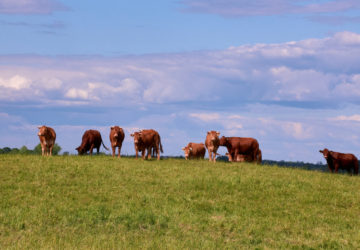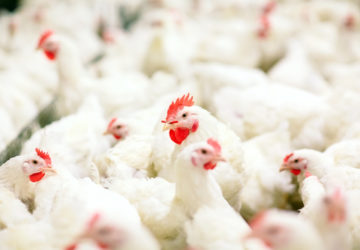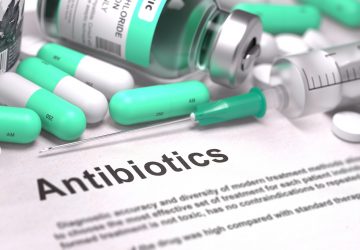Until late 2006, Lisa Lee Freeman spent her career at Consumer Reports magazine talking about how to save money shopping online for flowers, why consumers should be careful when booking flights on bankrupt airlines, how to get the best savings rates on Certificates of Deposit, which DVD-delivery company was the best bet, and how to choose a long-lasting lipstick. So when Freeman turned up on NBC’s “TODAY” show this morning to yak about organic food, we didn’t expect much in the way of real expertise. And she didn’t disappoint.
Speaking for a Consumer Reports affiliate called ShopSmart magazine, Freeman (the periodical’s Editor-in-Chief) misled NBC viewers:
If something says organic on it, it means the government is regulating it and there are certain very strict standards for organic foods. And in many cases organic foods are safer, they’re more nutritious, and they’re always better for the environment.
News flash: All food sold in the United States is regulated by one government agency or another. Sometimes several. And the U.S. Department of Agriculture has repeatedly said its own Organic label is a “marketing program” that only specifies how food is processed, and says nothing about food safety or nutrition.
Here’s a further reading list for Freeman, from the Center for Consumer Freedom’s recent clipping files:
Major UK government report: Organic farming is “no better for the environment.”
Top Irish food scientist: Organic nutrition claims are “fiction.”
England’s Food Standards Agency: “The weight of scientific evidence does not support claims that organic food is more nutritious or safer than conventionally produced food.”
University of Maryland nutrition professor: “The idea that somehow eating organic foods is going to make you healthier, I think is just wishful thinking. There is no health advantage … There really isn’t any major difference in contamination between organically grown produce and conventional produce. It’s not really isn’t an issue.”
British Environment Secretary: “[Eating organic is] a lifestyle choice that people can make. There isn’t any conclusive evidence either way.”
Canadian Research Institute for Food Safety Director, following organic baby-food recall: “I think the perception is that organic is safer. In my opinion, it’s only a perception.”
Does all of this mean that organic-labeled foods are dangerous? Absolutely not. But they’re also no safer to eat than conventionally raised food. And the same goes for meat. Freeman doesn’t get this. She claimed on “TODAY” that U.S. consumers should always pay extra money for organic meats on food-safety grounds:
It means that they’re not going to be fed any toxins, no slaughterhouse waste which can cause mad cow disease. It’s better for the environment. It’s safer for your health. You’re not going to get mad cow disease eating organic.
First of all, you’re not going to contract “mad cow” disease from conventional beef either. The odds are microscopically slim — on the order of winning the Powerball lotto and being struck by lightning on the same day. And those odds don’t get any slimmer by eating organic beef.
During the first great U.S. mad-cow panic in December 2003, we learned that Germany’s first case of the disease (in 2001) was discovered in a small slaughterhouse that catered exclusively to organic growers. We also learned that during the peak of its own mad-cow crisis, Great Britain identified at least 215 cases of the disease on thirty-six different organic farms.
It may be time for Lisa Freeman to return to rating toasters, test-driving minivans, and protecting her fellow citizens from unscrupulous vacuum-cleaner warrantees. Let’s leave food safety to the experts, shall we?




